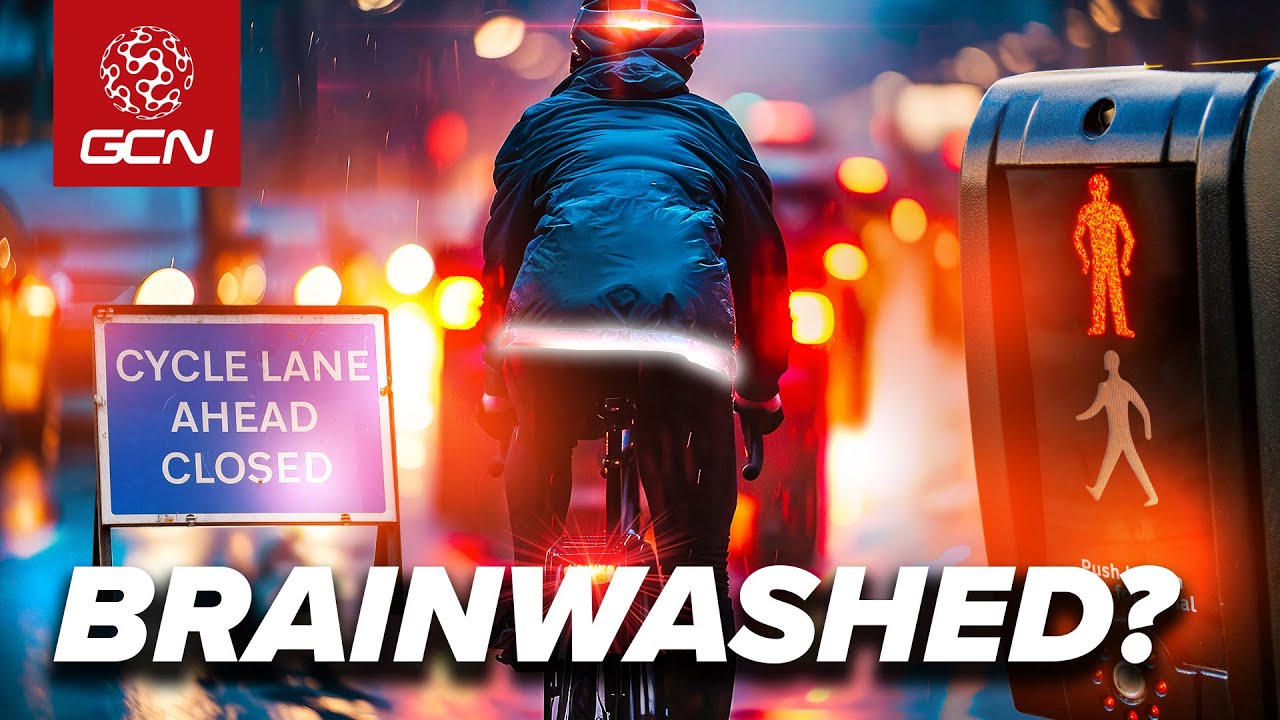OOFshoot
- 2 Posts
- 21 Comments

 29·5 months ago
29·5 months agoIn all my life I’ve only experienced one UI overhaul that I considered an improvement, and even then there were a few specific features that were a step backwards, even by proper design standards (the same action did two different things in only slightly different scenarios.)
Buuiuuuut I know half the time it’s just because I’m used to the old way, only the other half is it some corporate bullshit trying to push a feature no one asked for.

 141·5 months ago
141·5 months agoHey here’s a thought: let’s get rid of all the laws requiring single-unit detached housing. That should open up some new housing in places people want to live.
I’ve bounced off GitHub more than once trying to figure out how to download the .exe file that I assumed must be somewhere. Honestly I still don’t understand the interface and I’ve submitted bug reports for Jeroba on there. I might have even used GitHub for a project once? Every time I look at it it’s overwhelming and confusing and none of it is self-explanatory. But, that’s fairly true for a lot of stuff in programming.

 5·1 year ago
5·1 year agoI couldn’t find any information as to why, but playing around with other symbols suggests it only does it with symbols where they assume the space isn’t supposed to be there. E.G. Colon, ending parenthesis, equals sign, etc. Digging around in the settings I couldn’t find any option to disable this functionality.
Folks elsewhere suggested switching to the Swype keyboard, but I don’t have personal experience with it in a very long time so I don’t know anything about the settings and automatic behavior.
In case you haven’t been to a library in a while (yes I know this post is a joke) they do way more than just books these days. Depending on the library you’ll get music, movies, videogames, computers, photography equipment, 3D printers, laser cutters, audio visual equipment, recording studios, meeting rooms, and probably other shit I’m forgetting about. Smaller libraries are obviously more likely to stick to the basics, but my suburban library where I used to live had nearly everything I mentioned.
Gorgeous!

 173·1 year ago
173·1 year agoWithout knowing the numbers, it’s impossible for me to make a judgment call on the release, but it’s important to remember that literally everything around you is radioactive. Just because the water has measurable amounts of radioactive material in it does not mean it’s unsafe. Ocean water is 3 parts per billion uranium, and yet people happily eat ocean fish.
Again, without knowing the numbers I can’t say for sure, but depending on what’s in the water (and how much there is) it very well could be entirely fine to dump it.
In any case, yeah I totally agree. It’s a publicity stunt.
There’s a few places that didn’t get cars until later and “no thank you” was a very common reaction. We really ought to just ban private ownership.

 1·1 year ago
1·1 year agoHello hello hello!
I don’t believe it! I don’t believe it!
Ah!
No you don’t!
Yeach.
Yes correct, sorry if that was confusing.
Being rich literally makes you delusional.
If you still have an account and want to do some good with r/place your can join the effort to advertise r/EndFPTP

 21·1 year ago
21·1 year agoYou vastly over estimate the willingness of people to learn how a computer works.

 2·1 year ago
2·1 year agoYeah, I’m aware of the Haber-Bosch process.
I’d honestly have to do the math, but I suspect we’d be able to get rid of synthetic fertilizers if we actually wanted to. Afterall, what do you think happens to the nitrogen after we eat it? We pee and poop it out, for the most part. Yes, there are losses to the air when you till the soil, but a proper farm that focuses on soil health has ways to deal with that problem.
Right now we use the system we have because it’s cheap and easy to do so on an individual level. Growers want to simplify their workflow; they don’t want to actually manage the health of the land they work. It’s too much effort.
Plus, there’s a bunch of government policy that encourages bad farming practices and discourages good ones. Corn subsidies, banning the use of treated sewage for fertilizer, blatant blind-eye enforcement of labor laws, price-dropping policy instead of price-stabilizing policy, etc.
It’s not that we would starve, not in a properly structured system, anyway. It’s that food would become more expensive and some of us would transition to careers in agriculture. The pay would become seductive when the farms become desperate for labor. A farm that actually takes care of the land and the animals is absolutely more labor-intensive, and that’s why very few modern farms do it.
Edit: I should also say that the plants and animals we have today are not the same as the ones we had when the Haber process was invented. We wouldn’t be going back to the yields of the early 1900s. Even if we did everything exactly the same as they did back then, we’d still get better returns and have a more robust food delivery system. Hell, they didn’t even have refrigeration back then.

 8·1 year ago
8·1 year agoWe really do need to just straight-up ban pesticides, antibiotics, and synthetic fertilizers in agriculture.
If there was a way for legislate that all farms needed to be mixed use, I’d go for immediately.

 7·1 year ago
7·1 year agoYeah, I agree. It’s not hard to build infrastructure that lasts forever, it’s just no one wants to pay for it.

 56·1 year ago
56·1 year agoWe’ve been warning about dangerous infrastructure for years now. It’ll only get worse until we start building for the next millennium.

 9·1 year ago
9·1 year agoWhile the strike is important, if we can get recognition that these subcontractors are just a way for corporations to dodge employment laws, that would be fucking HUGE.
I’ve been idly trying to come up with a framework that discourages this kind of behavior, and I haven’t come up with anything good. Got any ideas? Everything I come up with either wouldn’t work or would never get implemented.

 31·1 year ago
31·1 year agoFirst rule of propaganda: the enemy is both terrifying and weak.

 4·1 year ago
4·1 year agoI mean, honestly? Yeah. People forget that their widespread support and cooperation is ultimately the source of other people’s power. Your boss might be able to fire you, but they can’t fire everybody.





I can’t believe you moved a button. HOW COULD YOU??? I trusted you, Patrick.